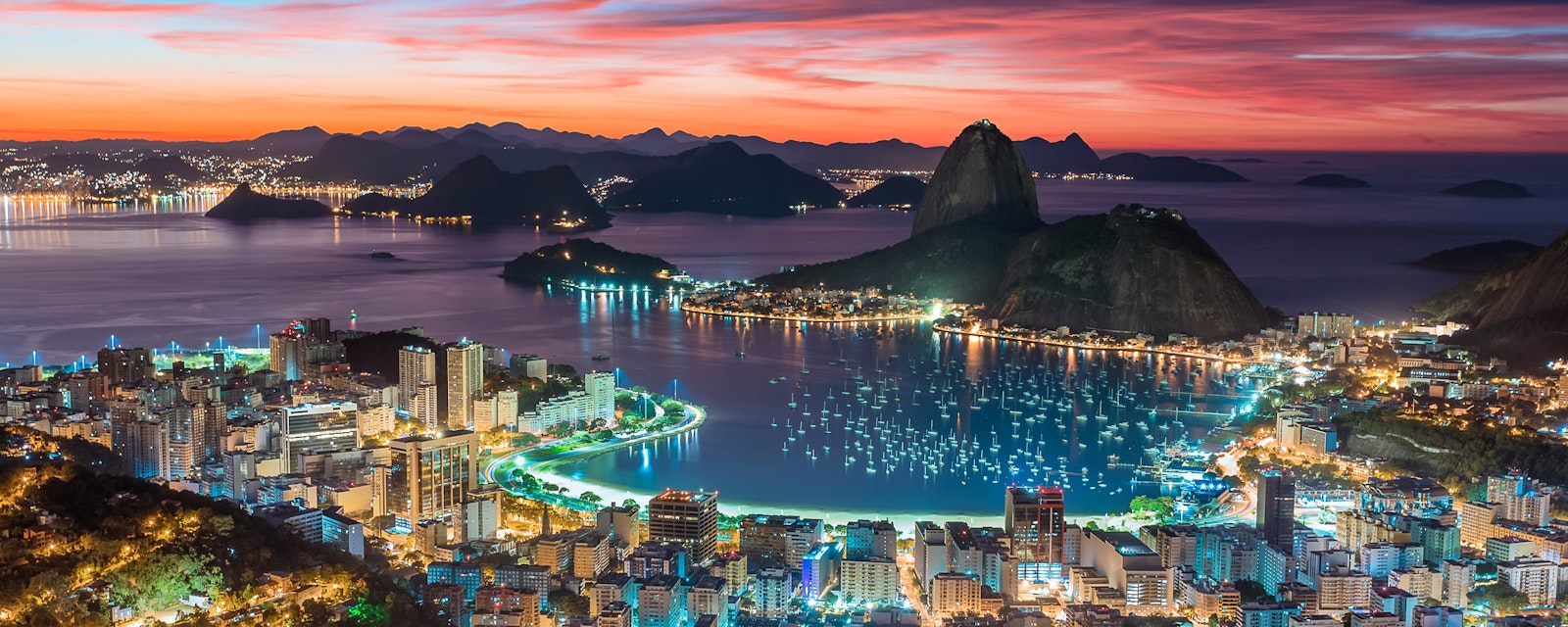Speaking at the Climate Summit organized by US President Joe Biden on 22 April, President Jair Bolsonaro read the prompter and said virtually all that his new foreign ministry had put on paper for him to read. That was already a major feat. It showed that the pressure exerted by several segments of Brazilian civil society leading up to the summit had curbed Bolsonaro's combative enthusiasm as much as possible.
However, words have been as reactive as they have been flimsy in Bolsonaro’s case. The president reacts, claims and announces, but soon feels compelled to “translate” his words into a narrative that caters to his captive-audience of unconditional supporters – the 15-25% of the electorate that he trusts will suffice to get him to a winning runoff election in 2022. That translated narrative then tends to guide his hawkish governing style and clashes with all those, in government or outside it, who disagree with it.
In his speech at the summit, Bolsonaro committed to zeroing greenhouse gas emissions by 2050, ten years earlier than previously promised. He said that his government will double the budget for inspection of illegal deforestation by 2030 (currently at a paltry USD 20mn) and strengthen environmental bodies (after weakening them consistently). He highlighted that Brazil’s share in global emissions is less than 1% of historic and 3% of current emissions. He did not commit to new nationally determined contributions (NDCs) but ensured his government’s support of the Paris Accords talks, reinforcing committed emissions cuts of 37% by 2025 and 43% by 2030. Bolsonaro also spoke of the need for fair payment of environmental services but fell short of suggesting a USD 1bn price tag in international assistance for a 40% reduction in illegal deforestation in the Amazon, as defended by his Environmental Minister Ricardo Salles.
The president’s speech could have been much worse. The environmental community in Brazil has been the most outraged with the government’s capacity to deconstruct the existing environmental protection apparatus, neglect Brazil’s robust legislative and regulatory regime, and favor illegal loggers by turning a blind eye to, and lie about, deforestation in the Amazon. Brazilian industry and agribusiness, which have lent support to much of the government’s policies until the recent past, have been strong advocates of a change in attitude from the president and his government towards climate change and the environment – lest the country becomes an environmental pariah in the eyes of the international community.
It is difficult to envisage significant changes in the way the president behaves. It should be noted, however, that Bolsonaro is undergoing a particularly weak moment in his presidency. Just this week alone, he has had to accept defeats in the establishment and composition of a Senate parliamentary inquiry committee that will investigate his government’s mishandling of the pandemic and in the agreement for a 2021 budget that went against the recommendations of his once powerful Economy Minister, Paulo Guedes. Climate change can reinforce the upper hand currently held by Congress in steering policy and putting the reins on the president. In addition to delivering on the pandemic, Bolsonaro will now have to deliver on climate change – yet another stick with which legislators can punish his transgressions.




